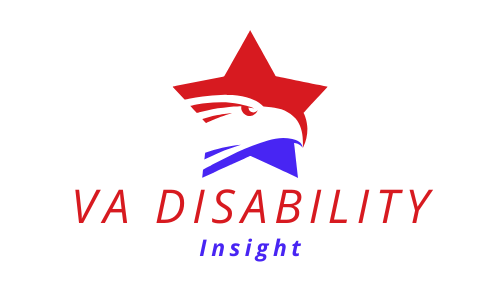If you’re a family member or dependent of a veteran, the Department of Veterans Affairs (VA) offers several benefits to support you. These benefits help families after a veteran has passed away or when they’ve been severely injured or disabled from their service. Here’s a simple breakdown of what’s available and how to access these benefits.
What Are VA Beneficiary Benefits?
VA beneficiary benefits are programs designed to help surviving spouses, children, or other dependents of veterans. These can include money, healthcare, education help, and even funeral-related assistance.
Types of VA Beneficiary Benefits
- Monthly Payments for Survivors (DIC):
- This is a monthly tax-free payment for spouses, children, or sometimes parents of veterans who died in the line of duty or from a service-related condition.
- Example: If a veteran dies due to a service-related illness, their spouse may qualify for this benefit.
- Survivors Pension (for Low-Income Families):
- This is for surviving spouses and children of veterans who served during wartime.
- It helps low-income families with monthly payments.
- Education Benefits:
- Fry Scholarship: Helps pay for college or job training for spouses and children of service members who died in the line of duty.
- Dependents’ Educational Assistance (DEA): Offers financial support for education or training if the veteran is permanently disabled or has passed away.
- Healthcare Coverage (CHAMPVA):
- If you don’t qualify for TRICARE, you might still get healthcare through CHAMPVA.
- This covers spouses and children of veterans who are permanently disabled or who died from a service-related cause.
- Burial and Funeral Benefits:
- The VA may help pay for burial costs, provide a headstone, or arrange for the veteran to be buried in a VA national cemetery.
- Life Insurance Payouts:
- If the veteran had VA life insurance, the person they named as the beneficiary would receive the insurance payout.
How to Apply for VA Benefits
- Check If You Qualify:
- Look at the rules for each benefit to see if you’re eligible.
- Make sure you have proof of your relationship to the veteran (like marriage or birth certificates).
- File a Claim:
- Visit the VA website or your local VA office to fill out the right forms.
- Common forms include:
- VA Form 21P-534EZ for DIC or Survivors Pension.
- VA Form 22-5490 for education benefits.
- Provide Documents:
- You’ll need the veteran’s death certificate, their service records, and proof of your relationship to them.
- Get Help If Needed:
- VA-accredited representatives, Veterans Service Organizations (VSOs), or lawyers can guide you through the process for free or at a low cost.
Key Things to Keep in Mind
- Most Benefits Are Tax-Free: Payments like DIC or life insurance don’t get taxed.
- Deadlines May Apply: Some benefits, like funeral cost help, need to be requested soon after the veteran’s passing.
- Don’t Go It Alone: The process can be confusing, so asking for help from the VA or a VSO can make it easier.
Final Thoughts
VA beneficiary benefits are here to support the families of those who served our country. Whether it’s monthly payments, healthcare, or education help, these programs can make a big difference. If you think you qualify, reach out to the VA or a trusted organization to get started.
Disclaimer: This information is for general knowledge and does not constitute financial or legal advice.
